Are Shiba Inu Worst Dog Ever? Helps & Guide
Curious about Shiba Inu dogs? They’re often labeled as the “worst” pets, but is that really true? Let’s unravel the truth behind these pint-sized pooches. Shiba Inus boast a distinctive appearance and a reputation for independence. However, are they truly the difficult companions some claim them to be?
In this blog post, we’ll dive into the real nature of Shiba Inus, debunking common misconceptions and shedding light on their lovable qualities. So, before you dismiss these furry friends, let’s explore the fascinating world of Shiba Inu dogs and discover if they’re as challenging as some believe.
Shiba Inu Characteristics
Size and Appearance:
- Compact and agile, Shiba Inus are a small to medium-sized breed.
- Their fox-like appearance, with a curled tail and erect ears, makes them easily recognizable.
Personality Traits:
- Independence: Shiba Inus are renowned for their independent nature, often compared to cats.
- Intelligence: Highly intelligent, they learn quickly but may choose when to follow commands.
Affectionate Nature:
- Despite their independent streak, Shiba Inus form strong bonds with their families.
- They can be affectionate and loyal, showing love in their own unique ways.
Exercise Requirements:
- Shiba Inus are an energetic breed, requiring regular exercise to keep both their minds and bodies active.
- Engaging in interactive play and walks helps meet their exercise needs.

Common Misconceptions
1. Misconception: Stubbornness
Shiba Inus are often misunderstood as stubborn due to their independent nature. Rather than defiance, it’s crucial to recognize their desire for autonomy. By adapting training methods to respect their independence, owners can build a cooperative and positive relationship with these intelligent dogs.
2. Misconception: Aggressiveness
Contrary to the belief that Shiba Inus are aggressive, they are naturally reserved around strangers. This reserved behavior is not a sign of hostility but stems from their inherent wariness. Proper socialization and consistent training play pivotal roles in helping Shiba Inus develop positive interactions with people and other pets.
3. Misconception: Difficulty in Training
The Shiba Inu’s intelligence is sometimes mistaken for difficulty in training. Their sharp minds necessitate engaging training methods and consistent positive reinforcement. Understanding their learning style and incorporating patience into the training process can result in a well-behaved and responsive Shiba Inu companion.
Tips for Prospective Shiba Inu Owners
1. Research and Understanding:
Before bringing a Shiba Inu into your home, thoroughly research the breed’s characteristics, needs, and temperament. Understanding their independent nature and specific requirements will help you make an informed decision.
2. Training Strategies for Success:
Implement positive reinforcement techniques and consistency in training. Shiba Inus react favorably to praise and rewards. Patience is key, as their intelligence requires a thoughtful approach to training for a harmonious relationship.
3. Incorporating Mental Stimulation and Play:
Keep your Shiba Inu mentally stimulated by providing interactive toys and engaging in playtime. These activities not only address their high energy levels but also prevent boredom, reducing the likelihood of unwanted behaviors.
4. Socialization from an Early Age:
Expose your Shiba Inu to various people, environments, and other pets from an early age. Proper socialization helps prevent shyness or aggression and ensures a well-adjusted and sociable adult dog.
5. Establishing Routine and Structure:
Shiba Inus thrive on routine and structure. Set up a regular routine for playtime, walking, and feeding. Predictability helps them feel secure and contributes to a more balanced and contented pet.
FAQs
1. Are Shiba Inus Really as Stubborn as They’re Made Out to Be?
Contrary to popular belief, Shiba Inus aren’t stubborn; they’re independent thinkers. Understanding and respecting their autonomy can turn training sessions into cooperative experiences, fostering a strong bond between owners and their Shiba companions.
2. Is Aggressiveness a Common Trait in Shiba Inus?
No, it’s a misconception. Because they are naturally wary of strangers, Shiba Inus may be reticent around them.. Through proper socialization and consistent training, they can develop into well-mannered pets with a healthy dose of caution towards the unfamiliar.
3. Is Training a Shiba Inu Really as Challenging as People Say?
While their intelligence may be mistaken for difficulty, Shiba Inus respond well to positive reinforcement and patience. Successful training stories abound, proving that with the right approach, these dogs can be obedient and responsive companions.
4. Can Shiba Inus Form Loving Bonds Despite Their Independent Nature?
Absolutely. Shiba Inus may be independent, but they form strong, affectionate bonds with their owners. Real-life experiences shared in this blog showcase the love, loyalty, and joy these unique dogs bring into the lives of their families.
Also Read: Golden Retriever Color Change: Helps & Guide
In Short
Shiba Inus aren’t the “worst” dogs as some might think. Understanding their independent nature, appreciating their unique traits, and dispelling common myths reveal the charm these dogs bring. By embracing positive training methods, forming strong bonds through patience, and providing the right care, Shiba Inus can make delightful companions.
So, before judging these adorable pups, give them a chance, and you might find a loving, loyal friend in a Shiba Inu.
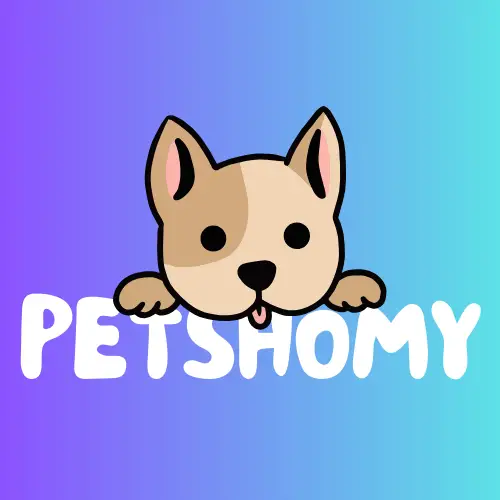

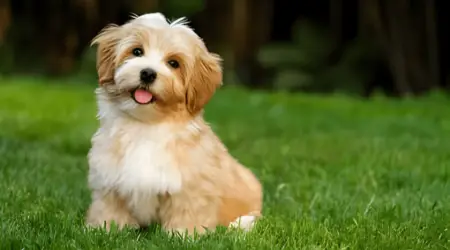
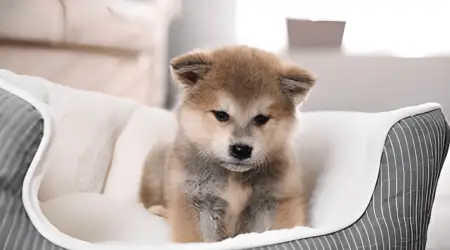
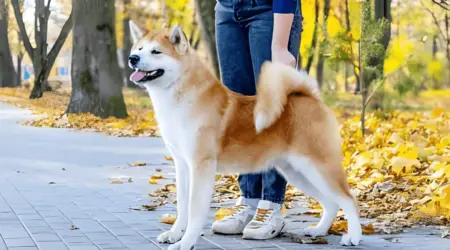
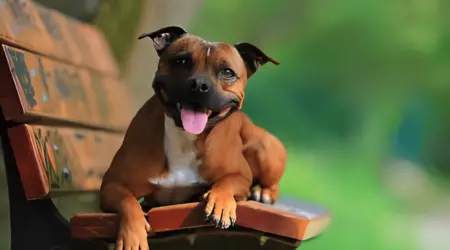
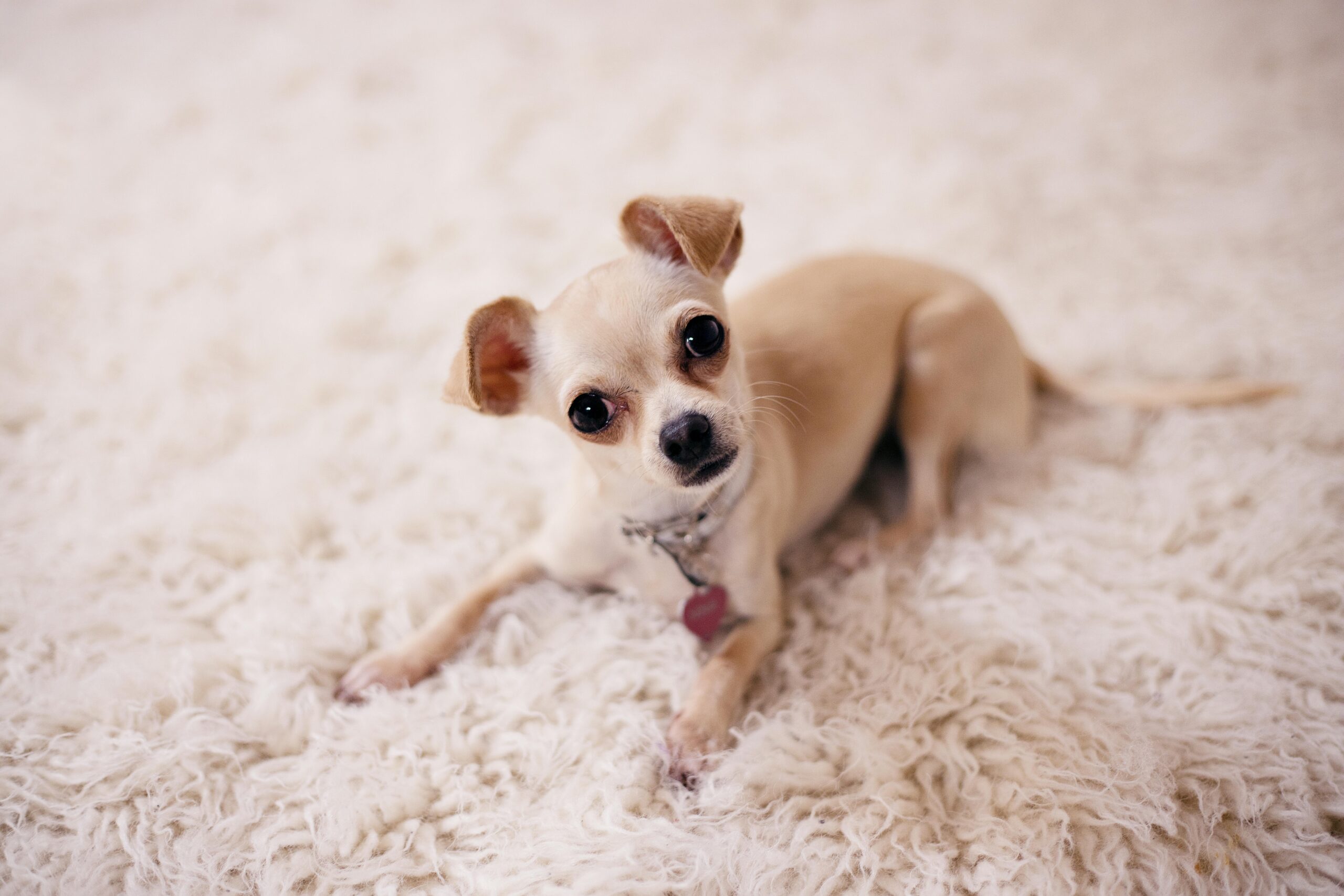

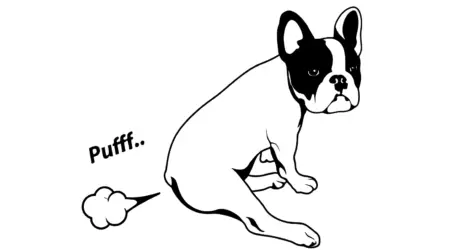


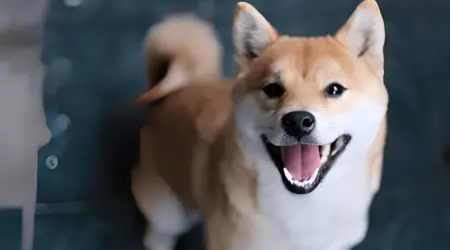
Leave a Reply